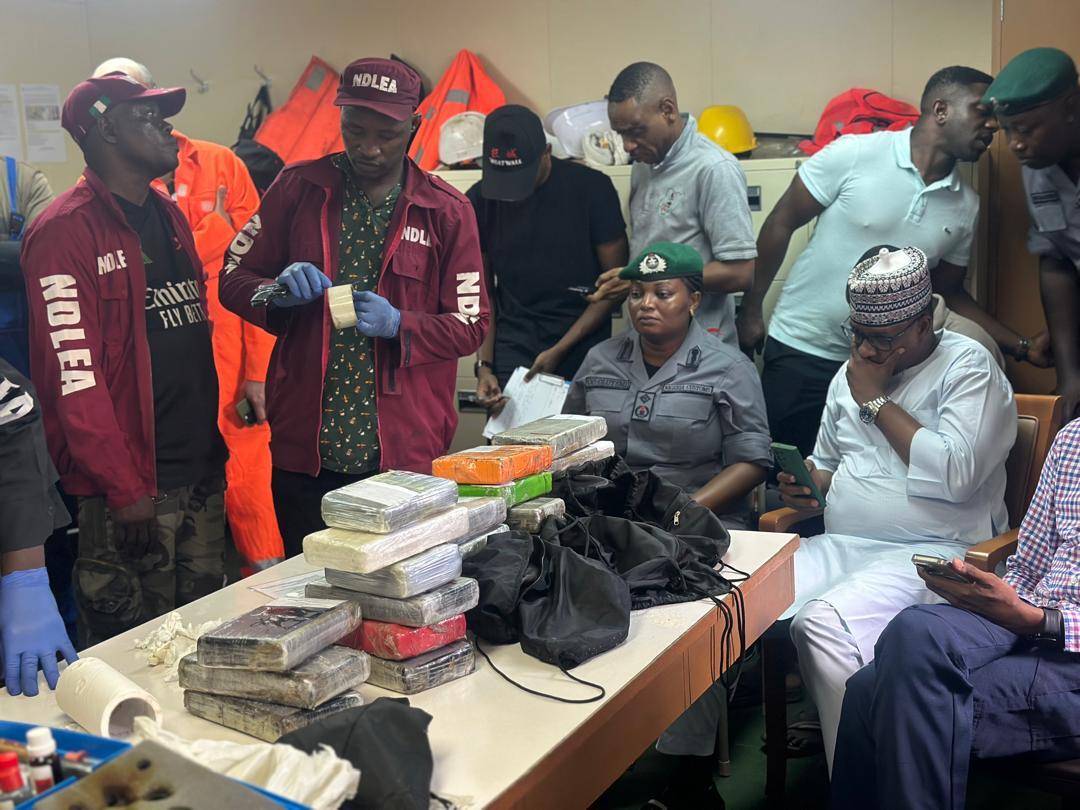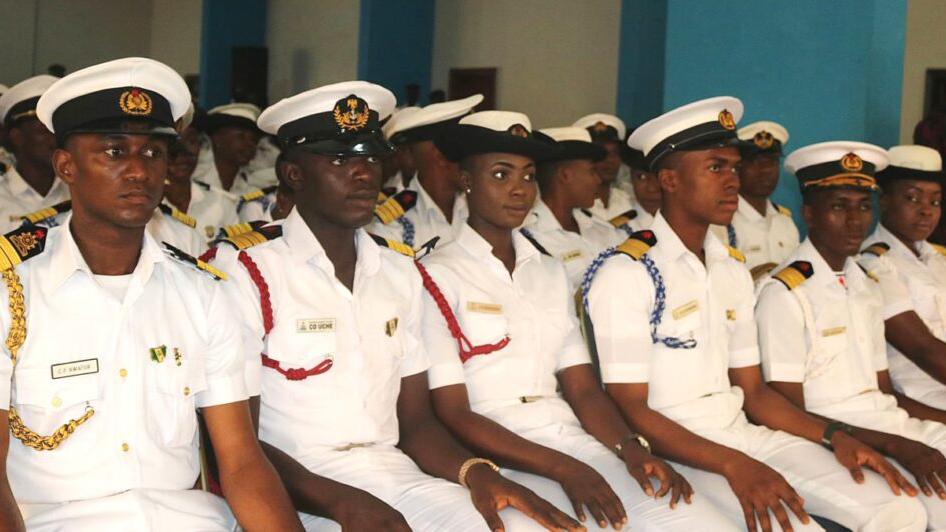Maritime Researchers and Authors Association of Nigeria (MARASSON) has expressed concern over the ministry of Marine and Blue Economy’s ineffectiveness in addressing the dominance of foreign shipping companies in the carriage of government project cargo, policy inconsistencies and lack of infrastructure, causing significant revenue losses for the nation.
The research group, in a position paper titled “The Nigeria Maritime Industry: A Call for Action,” and signed by its Director of International Trade, Sunday Ademuyiwa, said the ministry, established nearly two years ago to drive the development and growth of the maritime sector, has yet to demonstrate effective leadership in addressing these challenges.
They warned that without urgent reforms, Nigeria risks missing out on the vast potential of its blue economy to generate jobs, enhance trade and boost national revenue.
Ademuyiwa stressed that the continued use of foreign-owned shipping lines to transport government project cargo across the 36 states is costing the country billions of naira in lost earnings.
He commended the development of inland dry ports across the country as a positive step toward decentralising cargo distribution but warned that the absence of a national carrier remains a critical gap.
The MARASSON official cited the Erunmu Inland Container Depot (ICD) in Ibadan, Oyo State, with a 50,000 Twenty-foot Equivalent Units (TEUs) capacity under the Nigerian Shippers’ Council (NSC), but expressed concern over its slow progress, currently reported at only 10 per cent completion.
He also welcomed the recent approval of new inland ports in Ijebu Ode, Ogun State and Moniya, Oyo State, noting that such facilities could enhance trade facilitation, attract investment and position Nigeria as a regional logistics hub if properly implemented.
Ademuyiwa stressed that the Ministry must take decisive steps to ensure Nigerian shipping companies are given priority in government cargo movement with clear policies, better infrastructure, and an enabling environment to help local operators compete globally.
“The lack of a national carrier is a concern, as foreign-owned shipping companies currently dominate our trade routes. This raises questions about revenue loss and economic benefits. To address this, Nigeria needs to develop its maritime sector, invest in infrastructure and promote local shipping companies,” he said.
Ademuyiwa, however, highlighted that the ministry’s effectiveness remains under scrutiny as inefficiencies, corruption and lack of coherent regulation continue to plague the sector.
He urged the government to adopt a proactive approach similar to what has been achieved in the aviation sector. He further stressed the need for the government to develop clear maritime policies to prevent revenue leakages, prioritise local content, improve operational efficiency and promote transparency and accountability to curb corruption and ensure proper revenue management.
The research group agreed that these will make Nigeria’s maritime industry emerge as a major contributor to the national economy, thereby unlocking the full potential of the blue economy.






